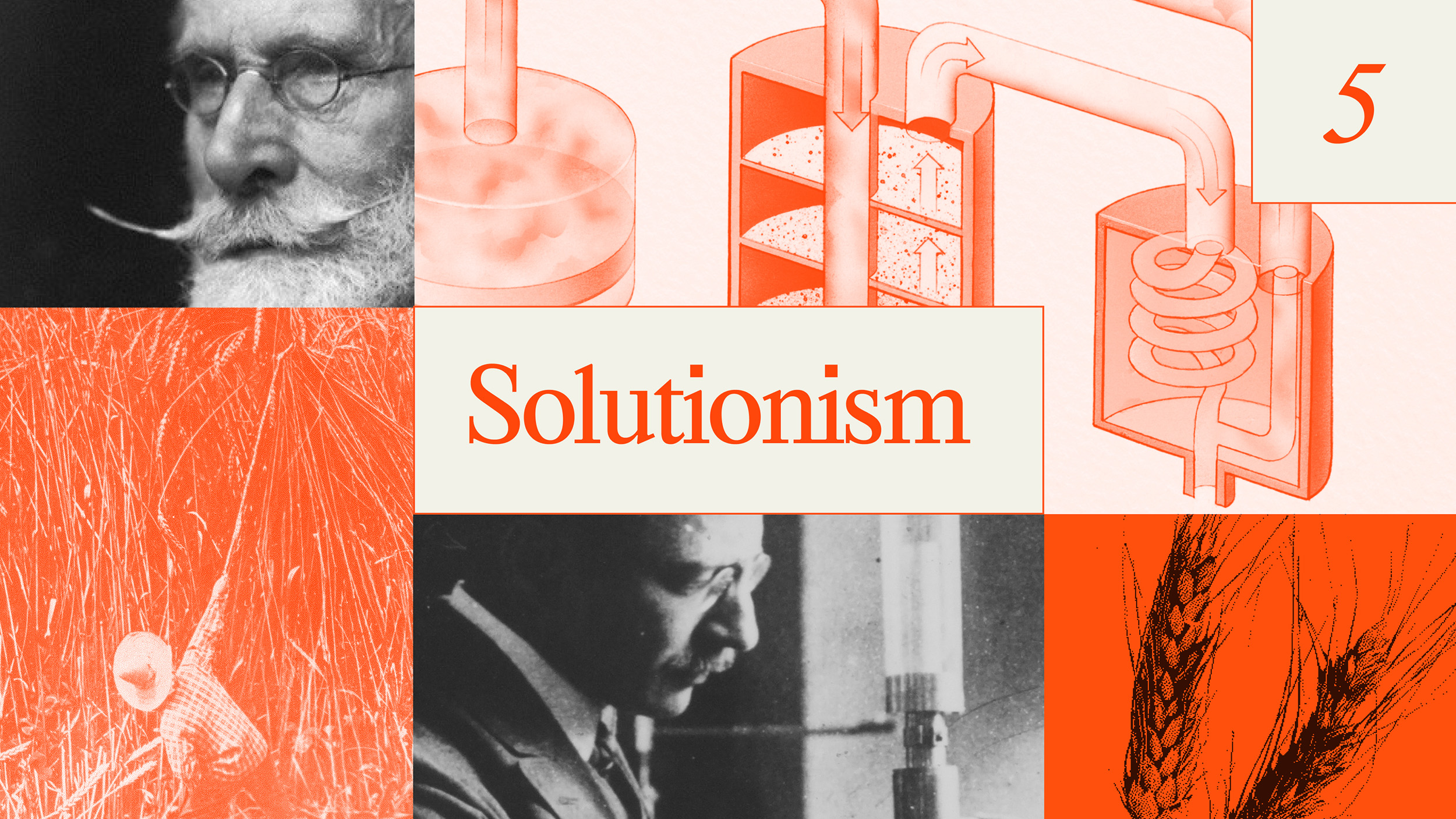The rate of progress in American society has been uneven throughout history, argues economist Tyler Cowen. Tremendous periods of growth are followed by periods of stagnation.
Periods of growth occur when there is a breakthrough, and other advances quickly follow. For example, the Industrial Revolution and the electrification of homes allowed the standard of living to grow at a fast rate, particularly in the early to mid-20th century.
But starting in the 1970s, progress slowed. One reason is that the easier tasks, like electrification, had already been accomplished. Also, government regulation and a general aversion to risk have made Americans less entrepreneurial. As a result, progress has slowed, and we have not matched our earlier performance.
Today, we are at a pivotal crossroads between stagnation and growth. To get back to a growth mindset, he argues, we need to stop taking our prosperity for granted.
This video is part of The Progress Issue, a Big Think and Freethink special collaboration.
In this inaugural special issue we set out to explore progress — how it happens, how we nurture it and how we stifle it, and what changes are required in how we approach our most serious problems to ensure greater and more equitable progress for all.
It’s time for a return to optimism. Enjoy the full issue now.
Read more of our stories from The Progress Issue:
TYLER COWEN: The rate of progress in American society has been fairly uneven throughout our history. Every now and then, there's a truly enormous breakthrough in human history. Much earlier, it might have been fire, language, the invention of settled agriculture, the printing press. You get a breakthrough and then many particular advances follow. So in the mid to late-19th century, the big advance was combining fossil fuels with powerful machines. From that, we did locomotives. Later, cars. Later, airplanes, electrification. The period of greatest material progress was probably the early to mid-20th century. In those years, it would be common for American living standards to rise by 3 or 4% a year.
That was a fantastic pace. It made America world leader, world's richest nation for a while. But along the way, something happened: something went wrong. Starting in about 1973, our rate of progress fell. A lot of the easier tasks, we had already accomplished. So bringing electricity to most parts of America- that was transformational-wonderful that we did it. That's a hard first act to top. I think another factor is we started regulating a lot of our economy, more than we had before: sometimes for good reasons, sometimes for bad reasons. But those regulations slowed down growth. Also, energy prices, for a while, become higher. For many classes of Americans, income growth slows. Parts of the 1990s, you have rapid growth again, but for the most part, we have not matched our earlier performance.
My earlier book, "The Complacent Class" argued that Americans had become too risk-averse and not sufficiently entrepreneurial. Politically, we are more sorted into states, into cities, into countryside towns by Democrat, Republican, Liberal, Conservative, however you want to talk about different categories. We are more sorted. There are many parts of our nation where segregation by race has been increasing rather than decreasing. This, I also find a worrisome trend. I think we have been in moments of true political chaos.
We've definitely been in moments of pandemic chaos: a lot of school closures, just much harder to travel around, less convenient. And we are in some kind of serious crisis of human capital. Too many people staying at home, not getting the stimulation of differently minded others. But there's a sense of crisis or needing a change today that we did not have in the 1980s or 1990s. And you're seeing many of the most vulnerable people in American society doing worse. And that's a kind of 'canary in the coal mine,' that, "Hey, something isn't working here." But maybe we're entering this new phase of American existence becoming fundamentally different in a way it had not been doing for several decades. And I tend to think that crux moment of emergency, in some degree of chaos, has been upon us for the last few years. And we're gonna see how well we respond.
It is up to us. I am hopeful, but I'm also sure the final answer is by no means assured. So I recall reading a symposium in the New York Times: April of 2020, they asked a group of experts, "When are we gonna get the vaccines?" The most optimistic one said, "In four years." Of course we had a working vaccine in less than one year. So people had not understood that when there's true urgency, our societies are capable of becoming more heroic, of truly prioritizing some projects over others, and getting some very important things done. I see the major advances we're making with computing power, the internet, in biomedicine. I see the greater political chaos. And often, when new technologies come, it disrupts your politics as well.
It changes who wins, who loses. Changes what the coalitions are, which parts of the country are more influential, and why? So all of that we're remixing right now, but we're doing it at a faster pace than what we're comfortable with. And for American progress to resume at a higher rate, the number one factor is we need to stop taking our prosperity for granted. We need to stop telling ourselves we are always Number One. We need to get our act together, understand the urgency of our situation, and take on more of the attitudes that a lot of immigrants coming to this nation come with almost automatically- because they, very often, grow up in settings where prosperity simply cannot be taken for granted.






